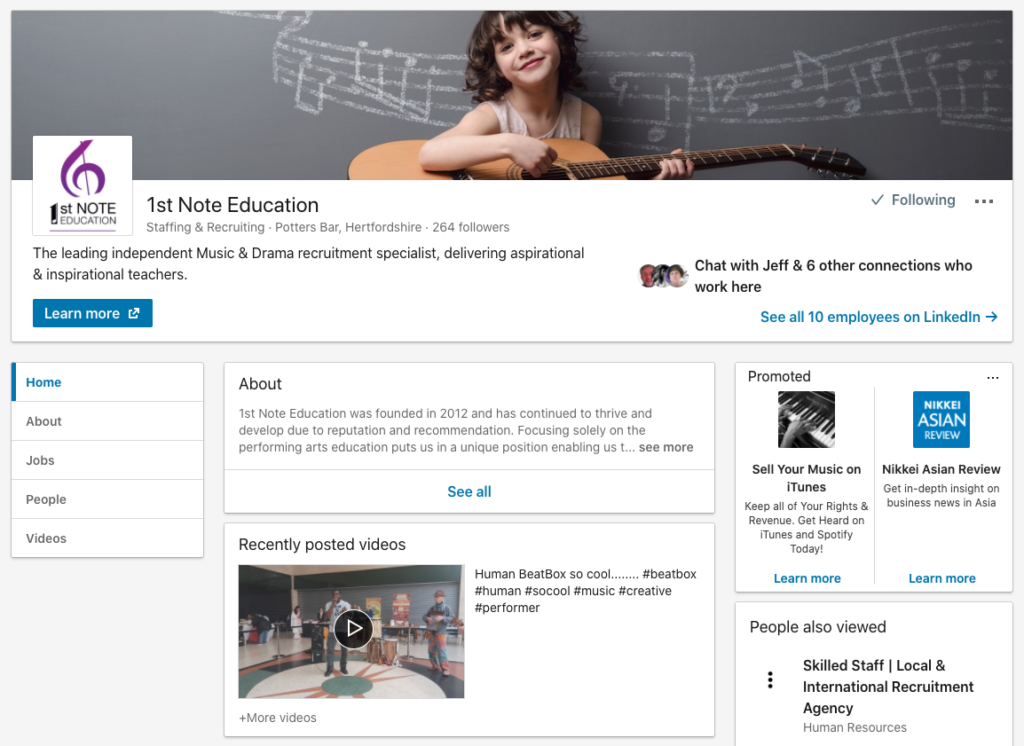Classroom Management tips
This week’s blog looks at classroom management. It is always a handy, even if you don’t want to take it, to get advice and tips to help with classroom management. After all, we are always learning on the job, so why not have a few pointers along the way. If you follow my blogs, you will notice that I have written a couple of posts now on classroom management. As classroom management plays such a huge part in practical teaching, it’s important to get it right, whatever the government believes that might be! Let us not forget that the children in the classroom are constantly changing and top be on top of our game, we need to move with the times too. This involves changing our classroom management approach, and indeed, adapting our teaching style too if need be. That doesn’t mean change who you are as a teacher… it merely means adapt your style according to best suit the class you are teaching to optimise maximum results. While we are on the subject of classroom management, I found this article on TES. It’s a good read and some of it relates to what I have been talking about… Plus there is nothing using vegetables as comparisons in teaching!! Happy reading!!!
What broccoli can teach us about behaviour management
2nd June 2016 at 14:02
A director of learning explains how the humble green vegetable could be the key to keeping control in the classroom
Marie Antoinette is famous for pronouncing ‚ÄúLet them eat cake‚Äù. In¬†KIPP schools in the US, the self-control¬†inspired clarion-call is, ‚ÄúDon‚Äôt eat the marshmallow.” Alex Quigley, director of learning and research at Huntington School in York, has a new food metaphor to add to the canon: ‚ÄúEat the broccoli.‚Äù
Writing in the 3 June issue of TES, he argues that teachers, like most adults, are naturally inclined to implement negatively framed strategies in order to quickly solve problems in the classroom.
“Take homework,’” he explains. “A missed homework from a student can see a bad comment or a detention issued. It doesn’t really work. For example, consider those students who have been given a fistful of detentions for missed homework and never change their bad habit. Rather perversely, it can solidify their resolve: it can make them feel alienated from their academic work, but feel safe in their peer group.”
So, why might broccoli help?
“Being a parent has given me a rather unique insight into the daily psychological battle that is dinner time,” he reveals. “Some kids will take their parents through hell rather than eat a scrap at home but, lo and behold, sit them next to their friends in the school dining hall and suddenly they happily tuck into their hated food. That hated food is usually broccoli.”
Peer pressure
He explains that parents seize upon this fact to get their child eating broccoli all of the time – telling a child that all of their friends are happily eating broccoli, showing them that their friends are happily eating broccoli, giving them bite-size portions of broccoli to help them adjust to the taste.
“Fundamentally, it is an example of psychological framing: the way that we are influenced to make a choice based on whether it is presented positively or negatively, or presented as a loss or a gain,” he says. “There is the potential that the positive framing approach is more effective [than negative framing] in changing behaviours (such as outlined in this article on the power of positive framing).”
Quigley argues that this approach should find its way into the classroom.
“Could we get students to “eat the broccoli” of school work?” he asks. “Let’s return to the homework example. The branding of homework, the support factors (parents, tools, school support) required for success, and subtle and near-hidden messages about the benefits of homework and how every student is doing it (even when some aren’t) all need strategic forethought. You can’t influence kids with a detention. You can make them eat the broccoli, though.
“I am not saying that punishments have no place in the classroom. Students benefit from the safety of clear boundaries and appropriate sanctions. But we can too easily miss the ability to establish positive norms that are actually more successful in influencing the future behaviour of our student brethren.”









